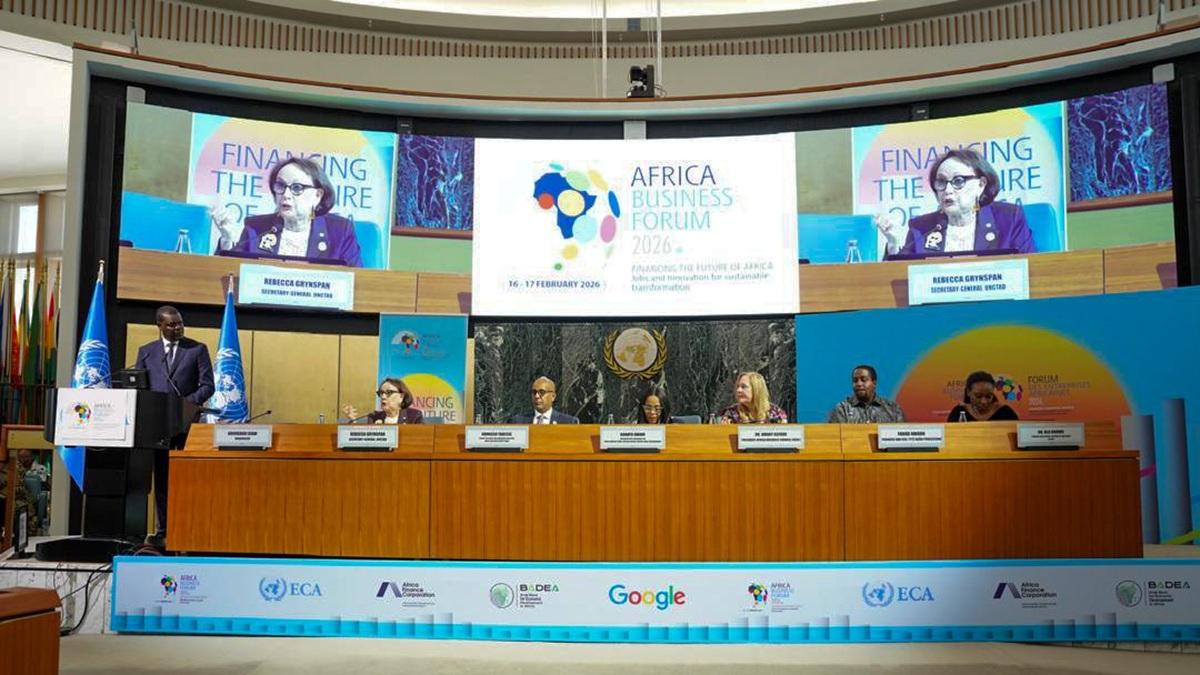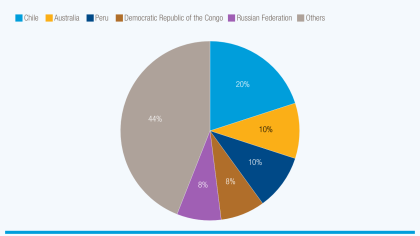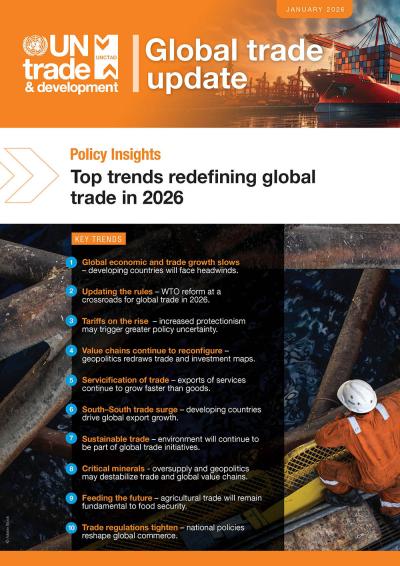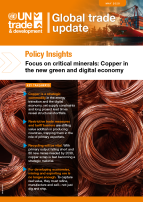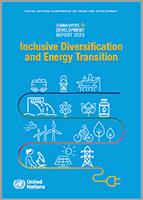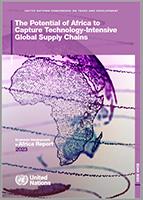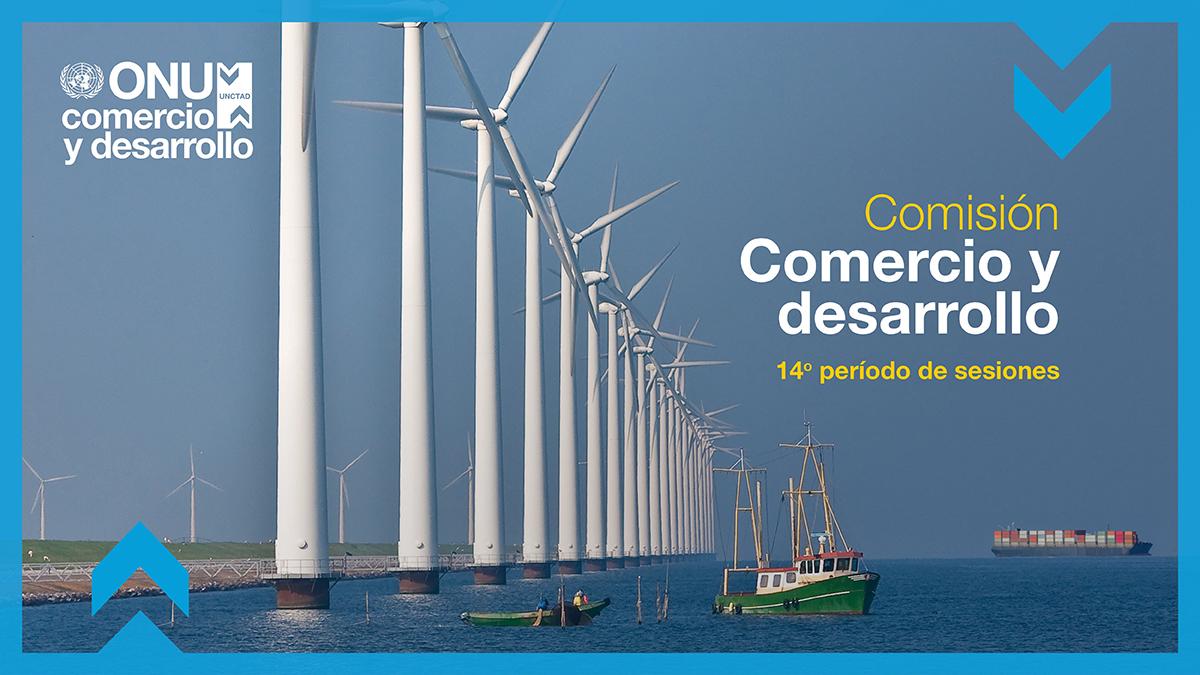Opportunities and risks for developing countries
Developing countries hold the bulk of the world’s critical mineral reserves.
The surging demand offers them a pivotal opportunity to create jobs, diversify economies and boost revenues – but only if the minerals are mined and processed in a sustainable, fair and just way.
To fully benefit from their critical mineral wealth, these nations must add maximum value locally.
They must move beyond mere raw material supply and diversify their economies, advancing up clean energy and high-tech value chains.
Otherwise, the critical minerals boom risks deepening commodity dependencies, exacerbating economic vulnerabilities and worsening inequalities.

In April 2024, UN Secretary-General António Guterres launched the Panel on Critical Energy Transition Minerals to ensure a just, fair and sustainable transition that fully benefits all countries and communities endowed with these minerals.
It brings together representatives of governments, intergovernmental and international organizations, industries and civil society to develop a set of common and voluntary global principles aimed at protecting environmental and social standards and embedding justice throughout the process of sourcing and using critical energy transition minerals.
Our role
UN Trade and Development (UNCTAD), along with the UN Environment Programme and the UN Secretary-General’s Climate Action Team, serves as the secretariat to the panel.
We also play a leading role in substantively serving two of the panel’s four workstreams: “Benefit sharing, local value addition and economic diversification” and “Transparent, fair trade and investments”.
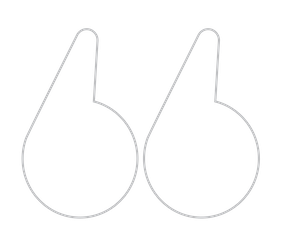
We cannot repeat the mistakes of the past with a systematic exploitation of developing countries reduced to the production of basic raw materials. The race to net zero cannot trample over the poor.

There is now an opportunity to leverage these new commodities to update our trade regime, promote structural diversification and turn the tide of commodity dependence once and for all.
News
Publications
Related
Area of work
- Critical minerals and the SDGs
Trade in critical minerals shapes energy transition, digital transformation and industrial development worldwide
Project
Events & meetings
Documents
09 Feb 2026
Rapid assessment of value addition and diversification within and beyond the critical energy transition minerals value chain: Zambia [ADVANCE COPY]
English05 Feb 2026

